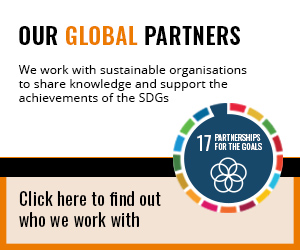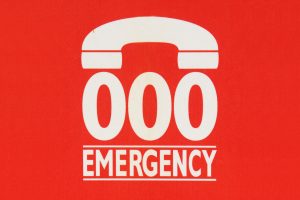Our somewhat rumoured responsibility to protect the planet from climate change contributes to a lack of clarity about how we should approach the topic.
Confusion around the extent that human beings are damaging the environment can even lead to individuals denying our part in climate change all together.
For example, in an online debate, 39% of voters believe climate change should not be taught in schools. A recurring concern in their comments was that human action is not having a significant negative impact on the climate.
However, if children are formally taught about the environment, the more likely they are to make informed decisions towards crafting a more sustainable future.
In place already is the UN’s Climate Change Teacher Academy. Run by eduCCate global, they put it like this: “The truth is that climate change is happening. The good news is that you can control what your legacy will be”.
From Down Hall Primary School in Essex, Bec Wakefield was the first UK teacher to graduate from the academy.
As stated in an article in Positive News, Bec Wakefield said: ‘Making the next generation climate literate is one of the most important things we can do right now’.
The article explains that the course takes 25 hours to complete and has 5 modules, such as politics and health.
Of course, in a chaotic world of uncertainty, it is difficult to prepare school children for what their future might hold.
But inspired by the prominent voice of 16 year old environmental activist Greta Thunberg, young people are starting to demand change. Notably, her new book is titled ‘No one is too small to make a difference’.
After all, it is the younger generation who will grow up to face the challenges lurking in the distance. The least we can do is incorporate climate change into the school syllabus.
Image courtesy of iStockPhoto.com






